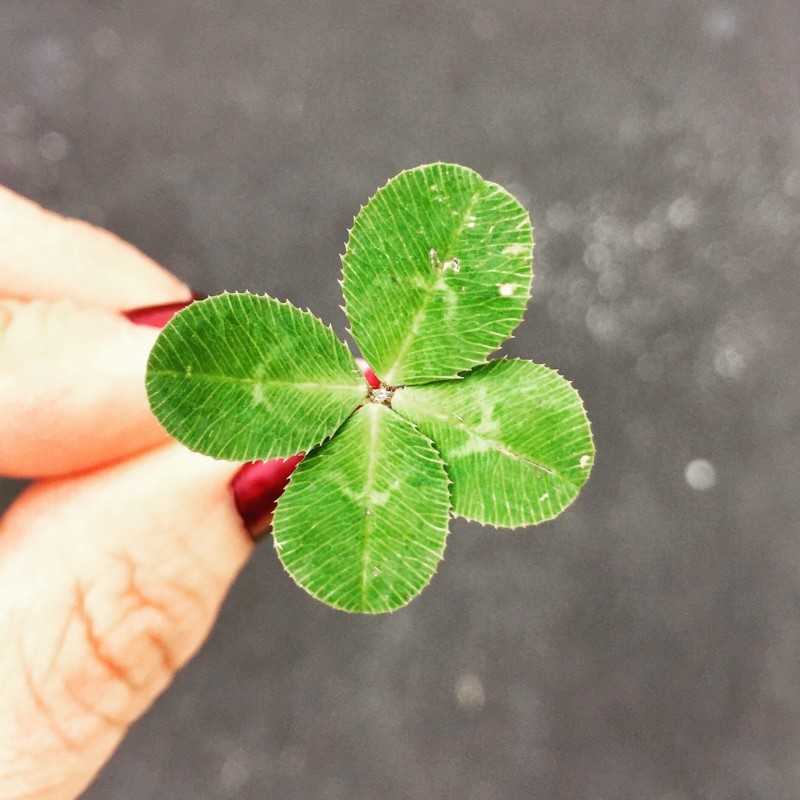Terms of encouragement in different languages
Every language has its own terms and phrases for encouragement. While the words we say are different, the passionate sentiment we’re expressing over a match or competition is all the same.
As some food for thought, this week’s article consider the literal meaning behind these world phrases that I’ve personally picked up over the years.
Good Luck!
“Good luck” is the term for went you want to wish someone the best for an upcoming activity that is going to require quite some effort. On top of that person giving their all in terms of personal effort, we as the giver of such a message hopes for everything to go smoothly for them, especially in the case of factors outside of their control. Such as, for example, that there won’t be unexpected injuries, that the weather would be nothing short of perfect — and so on, depending on the activity in question.
Theatre people have their unique saying, which is the paradoxical “break a leg!” That one came about because of a superstition against making conventional well wishes.
The rest of these terms equivalent meanings to “good luck”, yet quite interesting origins to think about.
Ganbare!
“Ganbare”, or 頑張れ, is a Japanese verb meaning “do your best!” Its literal translation is a sentiment pretty well understood and often used in English. However, as the Japanese language forms different statements by transforming the verb stem, this expression can be swapped around to mean “I’ll do my best”, or “ganbaruyo!” (頑張るよ). Notice how the last character れ in ganbare was changed for two others characters, るよ .
Jia You!
加油 are the characters for the expression in the Chinese language, with a literal meaning of “add oil!” Apparently, there lived a government official in ancient China who held great regard for education. He had guards patrolling the city at night, who were under very specific instructions from him — if they spot a household burning the midnight lamp (presumably to study for the Imperial examination), they were to knock on the door and offer to refill the lamp oil as a way of encouraging the act of studying.
While that’s a nice story, it’s not exactly well known, or even agreed to be the origin behind the term “jia you”. I’ve personally thought of the term having to do with the act of adding oil to fire, with the positive connotation of keeping the flames going, and the effort of one’s momentum running.
Hwaiting!
Last on this list is the Korean term. Hwaiting is the romanization of the characters 화이팅, which is in fact the Korean take on the English word “fighting”. Given that, it’s easy to see how the term has come to represent the concept of “good luck” in Korean, by suggesting that whoever they’re cheering on to not lose hope and persevere — in spite of how no actual, physical fight might be taking place. It’s romanization, which replaces the “f” in English with “hwa”, is the Korean language’s substitute for the “f” phoneme. This term is especially popular thanks to the global phenomenon of K-pop, but it is also considered a slang in Korean, informal and best reserved for use among close friends or peers — and not towards a boss or superior.
What are some other terms of encouragement you know of in other languages?
